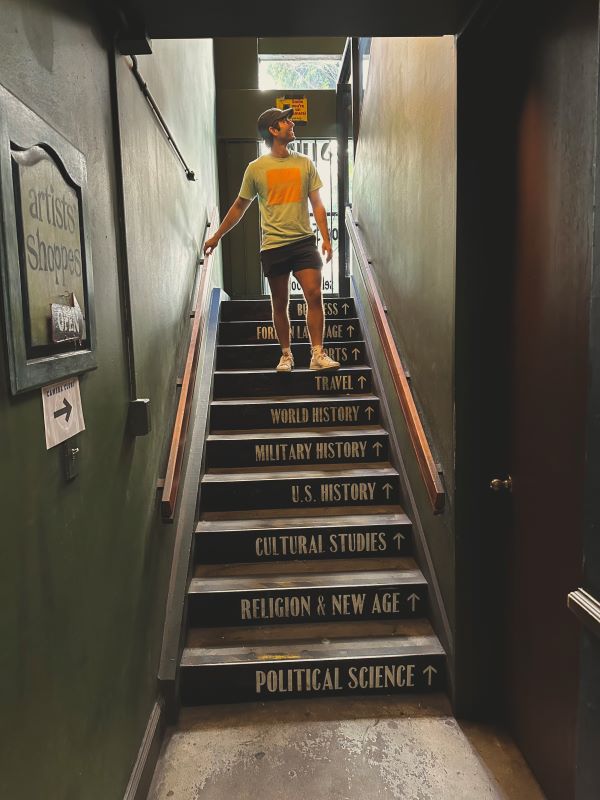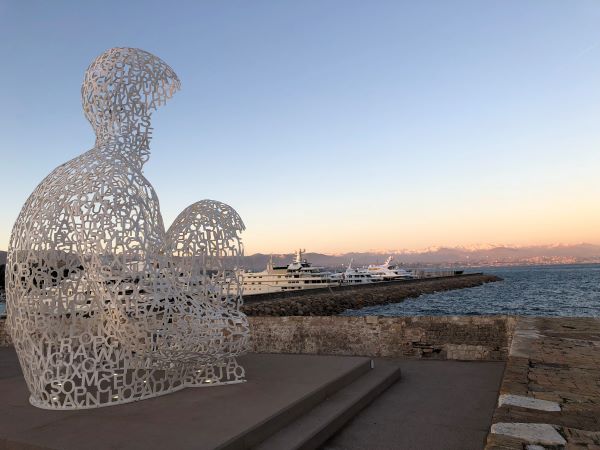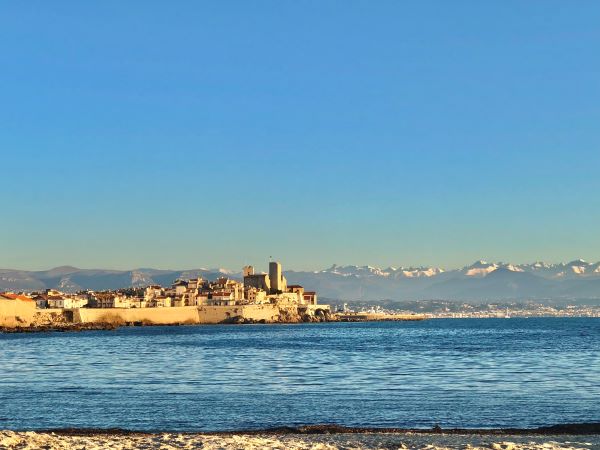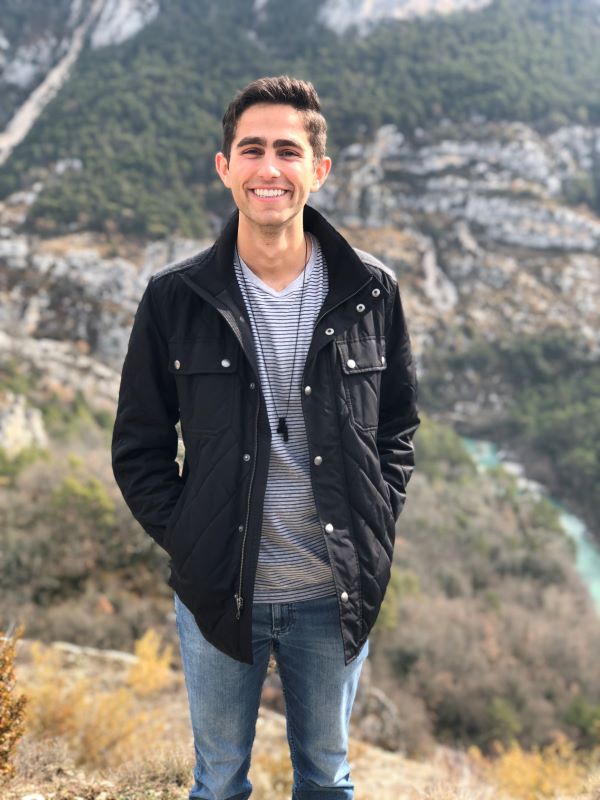Can Civil Engineering Students Study Abroad? An Alumni’s Perspective
When I first considered studying abroad as a civil/environmental engineering student at UMass Amherst, I wasn’t sure it would be possible.
Engineering programs are notoriously packed with rigid course schedules, and many students assume they can’t squeeze international experiences into their academic path. There’s also this unspoken narrative that engineers simply don’t study abroad—like we’re all too busy solving equations to hop on a plane. It’s the sort of thing that gets subconsciously pushed on you.
I’m here to tell you that is most definitely NOT true! In fact, I’d argue that an engineering education is incomplete without some international exposure. Shocking, I know—we’re allowed to be cultured and calculate load-bearing capacities.
Okay, now that I’ve gotten my lame engineering jokes out of the way, let’s get into it.
With the help of CEA CAPA, I spent a life-changing semester in Antibes, France during my sophomore year—an experience that didn’t just broaden my education but also reshaped my future in ways I never expected.
I’m now about five years into my career, which means it’s already been almost eight years since I studied abroad—how time flies after you graduate! My goal with this article is to share how studying abroad can impact not just your college years, but your post-grad journey and professional life, too. I hope this perspective offers some unique and valuable insight for those considering the leap.

Taking the next step

The Nomad Statue, Antibes, France
Taking the Next Step: Studying Abroad as an Engineering Student
I’d always been interested in travel, and since my dad had studied abroad in London back in his college days, the idea was on my radar early on. I didn’t have a specific goal for studying abroad, I just knew that it was something I wanted to experience.
During my first semester of freshman year, I went to a study abroad info session to figure out how I could make it happen. I learned that engineering students at UMass typically studied abroad during the second semester of sophomore year and was told to come back in the spring to start planning. So that’s exactly what I did—eager and slightly overwhelmed.
I teamed up with my advisor and the international office, and together, we figured out a schedule that could work. The biggest challenge I faced was the limited number of study-abroad programs tailored to civil engineering students. My university only had a few options at the time, and none of them quite felt right.
That’s when I took matters into my own hands. Through some online research, I discovered there were so many programs out there through CEA CAPA that weren’t currently listed on my college’s website. I found CEA’s Antibes, France program, pitched it to my school’s international office, and—success!—got it approved. This program, in particular, stood out to me because of the classes offered, the location, and my interest in learning French. CEA was there to help me throughout this entire effort.
This process taught me something important: sometimes, you’ve got to take the initiative and carve your own path if you want things to happen. That oftentimes, the best options need to be sought out—and also to never underestimate the power of a politely persistent email.
This one decision opened the door to an experience that would shape the rest of my life.

View of Antibes, France, with the Alps in the Background
Life in Antibes: Engineering, Croissants, and Self-Discovery
Once in Antibes, every day felt like a new discovery. I was learning so much, so quickly—making new friends, living in a different culture, navigating foreign languages, grocery shopping and cooking for myself (burned a few things, survived), planning weekend getaways, mastering public transit, and making plenty of mistakes along the way. Oh, and yes—taking engineering classes too.
It sounds overwhelming, and sometimes it was. But there’s something incredibly empowering about relying on yourself and learning as you go. In short—I loved it. Sure, there were a few bumps in the road, but that’s when the onsite CEA CAPA staff swooped in to save the day.
While the coursework mattered greatly, I knew so much of the real-world learning was happening outside the classroom. I structured my schedule to have four solid study days per week, leaving the remaining three open for travel and exploration. It was the perfect balance of academia and adventure, without compromising my academic responsibilities.
One especially memorable day stands out to me when I reflect on the experience. As spring rolled in and our friendships deepened, a group of us scraped together our euros and rented a boat—with a captain!—to cruise around Antibes and Cannes. For one glorious day, we lived like the bougie Riviera elite. The sun, the sea, the views of the Côte d’Azur—it was pure magic.
That one day, in particular, sticks with me as a reminder of how stepping outside my comfort zone led to some of the best experiences of my life. It was a moment of pure joy and freedom, reminding me of why I had taken the leap to study abroad in the first place.

That's me in France
Beyond the Fun: Studying Abroad Strengthens Problem-Solving
There’s no better education than living in a completely new environment. Studying abroad isn’t just fun—it transforms the way you approach problem-solving. Living in another country meant I had to solve problems in real time, whether that meant rebooking a missed train or navigating cultural quirks.
Being fully self-reliant in a foreign place taught me how to handle unfamiliar situations gracefully (well… eventually gracefully). I figured out how to plan trips, adapt to slower-paced days, overcome language barriers, and embrace different ways of thinking.
This kind of daily adaptation strengthened my confidence and ability to think creatively—two essential skills in engineering. Turns out, engineering and travel actually have a lot in common: both require adaptability, troubleshooting…and occasionally crying in a bathroom before figuring it out and moving on.
Perhaps most importantly, I developed a deeper understanding of how different countries approach environmental and infrastructure challenges—insights I still carry with me in my career today.
This post was written by Jonathan DeMarco, a CEA CAPA Alumni who studied abroad at the University of Massachusetts Amherst, and studied abroad in Antibes, France.










